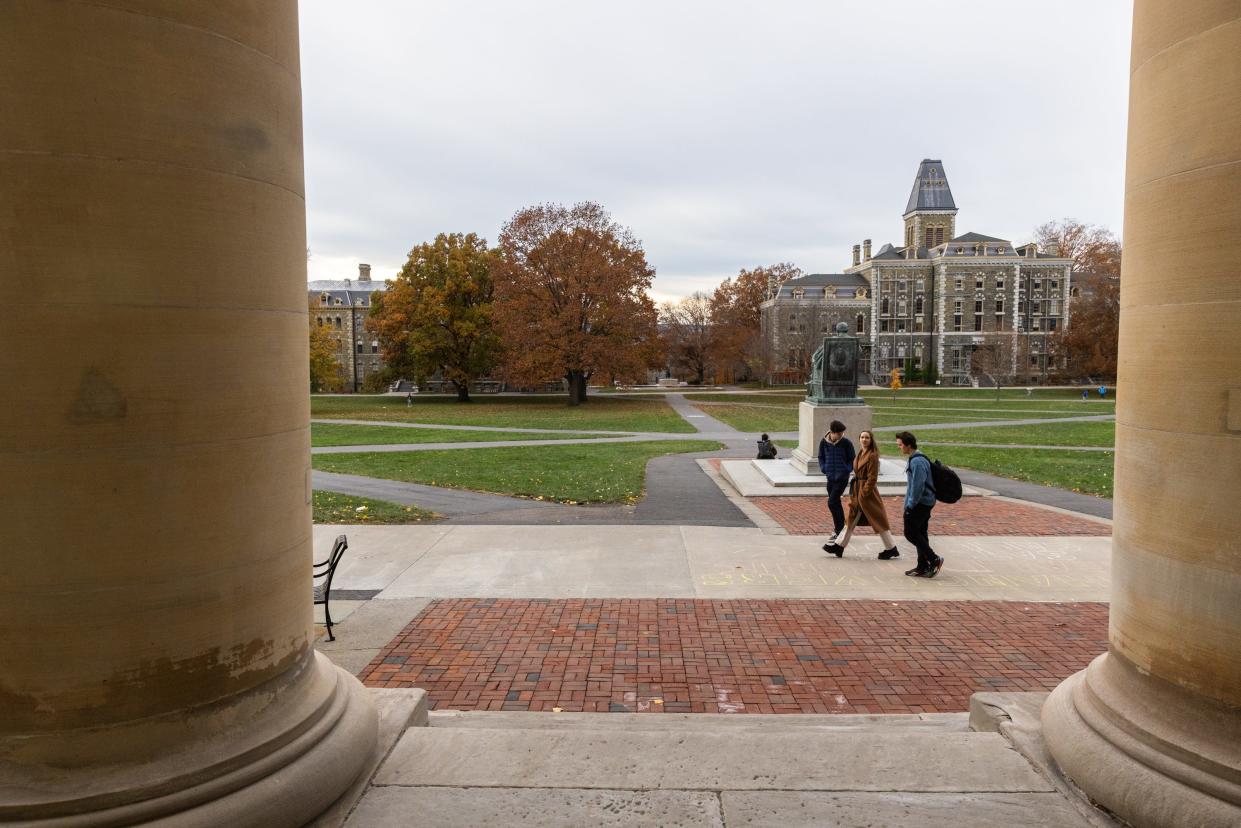Supreme Court declines to enter fray over 'bias-response teams' at college campuses
WASHINGTON − The Supreme Court on Monday rejected an appeal challenging a "bias-response team" at Virginia Tech, avoiding a roiling debate over campus speech that has pit First Amendment claims against efforts to foster inclusivity at American colleges.
The court sent the case back to the lower courts to dismiss as moot because Virginia Tech disbanded the team and said it would not reinstitute the policy.
Justices Clarence Thomas and Samuel Alito said they would have taken the case to address "a high-stakes issue for our nation's system of higher education."
"Until we resolve it, there will be a patchwork of First Amendment rights on college campuses," they wrote. "Students in part of the country may pursue challenges to their universities' policies, while students in other parts have no recourse and are potentially pressured to avoid controversial speech to escape their universities' scrutiny and condemnation."
Justice Ketanji Brown Jackson said she would have outright denied the challenger's appeal.
Virginia Tech created the team in 2018 to review and confront bias on campus – sexist jokes, for example, or racist name-calling. Similar efforts have proliferated at universities across the nation as schools wrestle with a series of high-profile hate incidents.
The bias-response team at Virginia Tech, which one administrator described as "air traffic control" for bias-related claims, met weekly to consider complaints that were submitted through online forms.
But a series of lawsuits in recent years have challenged the efforts on First Amendment grounds. Conservatives say the policies intimidate students who want speaking their minds.
The legal fight reached the top court as the debate over speech on campus has become particularly fraught. School administrators are navigating a push for inclusivity in student bodies that − like the rest of the nation – are often sharply divided over politics, cultural issues and foreign affairs.
Two university presidents have resigned in recent weeks, including Claudine Gay of Harvard, after a congressional hearing in early December in which they were questioned about their handling of student activism on campus related to the Israel-Hamas war.

A U.S. District Court ruled against the group that sued Virginia Tech, Speech First. The U.S. Court of Appeals for the 4th Circuit affirmed that decision. As Speech First was preparing to appeal to the Supreme Court, Virginia Tech disbanded its bias-response team, and the university's president, Timothy Sands, signed an affidavit pledging that the university would not reinstitute the policy.
Speech First claims the bias efforts violate the First Amendment by making students with unpopular views reluctant to express those opinions for fear of being turned over to school officials for discipline. Those views, the group told the Supreme Court, included one student who believes immigrants who cross the border illegally should be referred to as “illegal aliens” and another who believes the Black Lives Matter movement is “fundamentally racist.”
Noting the policy change, the school had sought to dismiss the case as moot, which is what the high court did.
More: Speech police? Supreme Court asked to enter fray on confronting bias on campus.
This article originally appeared on USA TODAY: Supreme Court declines to weigh 'bias-response team' at Virginia Tech
